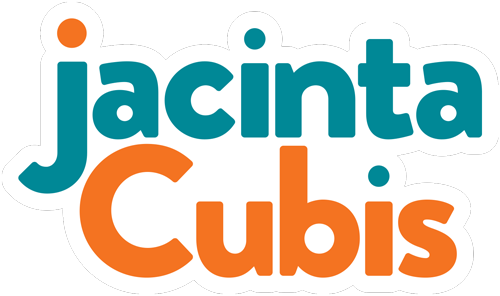Play to win?
“We’re all aligned on this,” they insisted.
But it felt like I was umpiring a tennis match, not facilitating a workshop on a collaborative project.
It was a game of fiercely contested singles. Nobody was in the mood for doubles.
I love tennis. I’ve been playing since I was seven.
But I stopped playing comp when a tennis partner did his Lleyton Hewitt impersonation every week.
“C’mon!” he’d yell, pumping his fist – whether we won or lost a point. It was off putting. I lost my form and all joy in the game. I asked him to stop.
“But it’s just to help us win!”
“I don’t really care if I win. I just want a good game.”
“Well why bother scoring?”
“So that you know when you’re done,” I said.
I reckon collaboration is similar. It’s not about winning. Or about getting people to do what you want.
It really is about how you play the game.
A little competition is healthy, but playing to win at all costs undermines the potential of collaboration.
The main winner in collaboration is working through an issue to get to a solution, together. And there are lots of wins along the way.
The give and take when you’re working together is a bit like those wonderful rallies that make you laugh with joy every time one of you gets the ball back, again and again.
It’s being open to discovery, to being flexible enough to respond gracefully to whatever you’re served - a top spin forehand, a lob or a backhand that drops just over the net.
You may come in with a position or a sense of what the solution could be, but leave with a surprising compromise. It could be something that you might never have thought of on your own.
My granddad said that tennis was a great game because it was social and you could play it until you were 80. He was a very skilled sportsman, but I think the game was more important than winning. And he’d never pump his fist and shout ‘C’mon!’.
